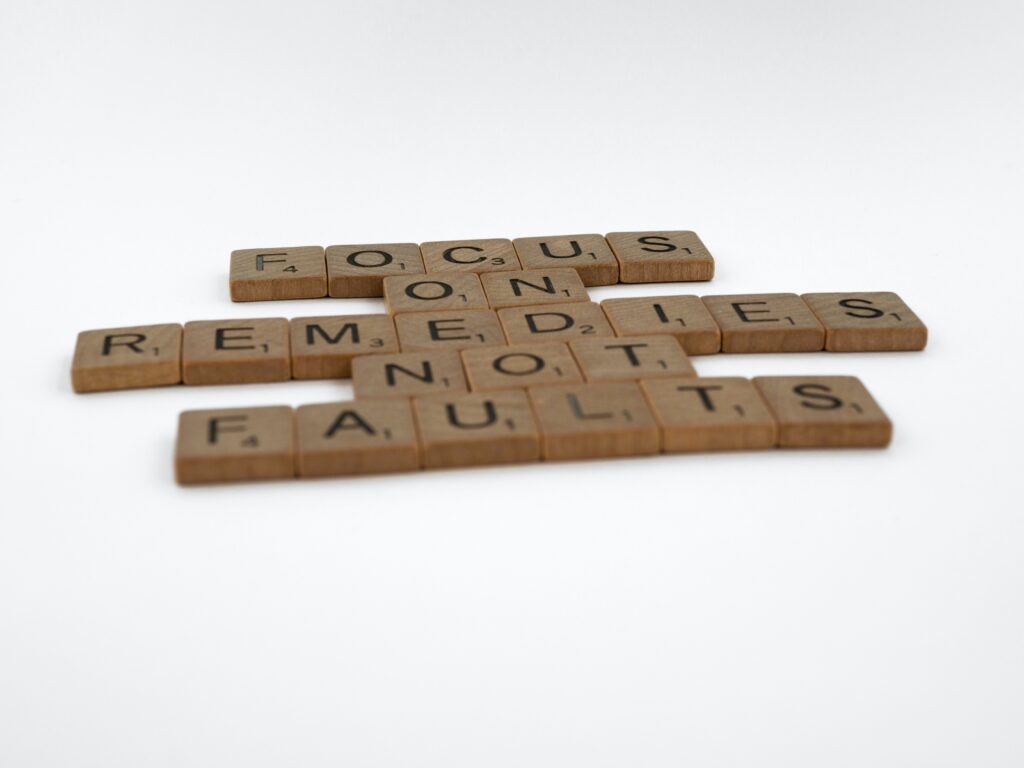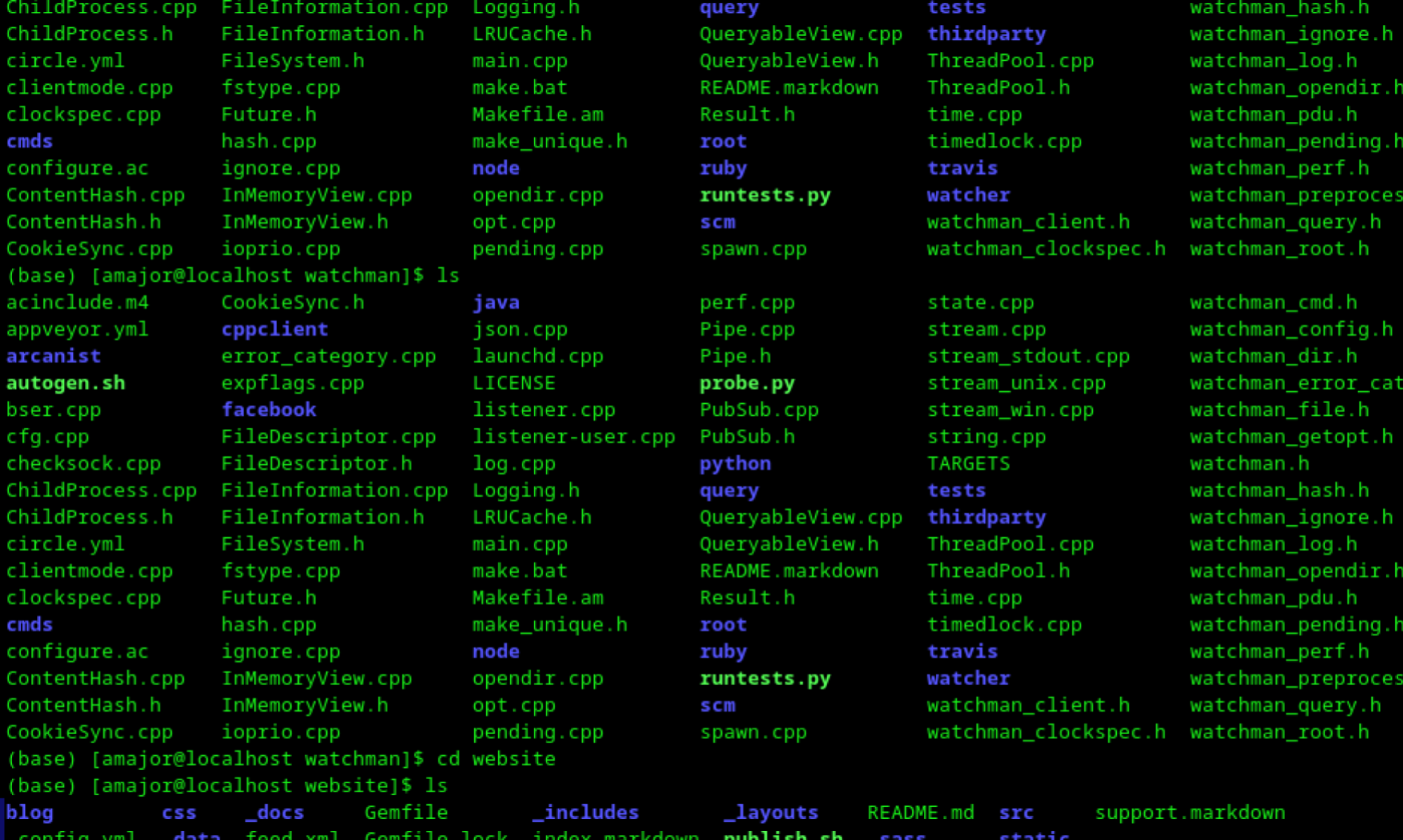
Kaizen, a Japanese principle synonymous with continuous improvement, offers a powerful framework for personal development. Rooted in the belief that small, consistent steps lead to significant progress, Kaizen encourages individuals to embrace an ongoing journey of self-improvement.
Although normally used in a business or technical context in the West, here we will explore the significance of adopting the essence of Kaizen for personal development.
Mindset of Growth and Improvement:
Kaizen fosters a mindset of growth and improvement. It encourages us to believe in our capacity for growth and to challenge the status quo. By embracing this mindset, we shift our focus from fixed limitations to endless possibilities for personal development. Kaizen reminds us that continuous improvement is within our reach and that every day presents an opportunity for growth.
Setting Small, Achievable Goals:
Kaizen emphasizes the importance of setting small, achievable goals. Rather than overwhelming ourselves with lofty, far-off objectives, we are encouraged to break down larger goals into manageable, bite-sized tasks. By setting realistic and attainable goals, we are more likely to experience a sense of progress and accomplishment; this fuels motivation and momentum in our personal development journey.
Consistency and Commitment:
Kaizen stresses the significance of consistency and commitment. It recognizes that sustained personal development requires dedication and persistence over time. By committing to regular and deliberate practice, we cultivate discipline and develop habits that support our growth. Kaizen reminds us that even small, daily efforts can add up to remarkable progress and long-term transformation.
Self-Reflection and Continuous Learning:
Kaizen places great emphasis on self-reflection and continuous learning. It encourages regular assessment of our strengths, weaknesses, and areas for improvement. By engaging in self-reflection, we gain insights into our behaviours, habits, and mindset, enabling us to make informed adjustments and course corrections. Kaizen also promotes a hunger for knowledge and a willingness to learn from others, expanding one’s understanding and capabilities.
Celebrating Progress and Acknowledging Achievements:
It feels good to be encouraged, and to celebrate progress and acknowledge achievements along the way. Kaizen helps us to recognize the importance of positive reinforcement and the impact it has on motivation and self-confidence. By identifying and celebrating personal milestones, we reinforce our commitment to personal development and cultivate a positive mindset that fuels further growth.
In Summary:
Kaizen, the Japanese principle of continuous improvement, can provide a transformative framework for personal development. By adopting a mindset of growth, setting small achievable goals, practicing consistency and commitment, engaging in self-reflection and continuous learning, and embracing Kaizen tools and techniques, we can embark on a journey of continuous self-improvement. Kaizen reminds us that personal development is a lifelong process and that small, consistent steps can lead to remarkable progress. By integrating this essence into our lives, we can unlock our potential, achieve personal growth and fulfilment, and lead a purpose-driven life. At the most basic level, all we need to do is commit to trying to make some small improvement each day; then sit back and watch them stockpile over time (it’s a bit like compound interest without the painful equations)!
If you have enjoyed reading this, you might be interested in my other related posts collected here, or my full set of wellbeing and personal development posts here.
Embracing Kaizen Tools and Techniques:
Kaizen offers very effective tools and techniques that can be translated from a business context and applied to personal development. Included below are examples of the PDCA (Plan-Do-Check-Act) cycle, the 5 Whys analysis, and the A3 problem-solving method.
These tools aim to facilitate systematic problem-solving, decision-making, and continuous improvement in personal development or indeed any challenge that needs to be met. By applying them, we can continue to make progress in our growth journey. Try each of them out to see which best suits your needs.
A Kaizen Five Whys Checklist:
The Kaizen Five Whys technique is a process of iterative questioning and analysis. Choose an initial question, and think about your answer. By repeatedly asking “why” afterwards, you can uncover ever deeper insights into the roots of the challenges you face. This will help you to develop effective strategies for personal development.
You may reach your final answer before five, but many find seven is actually closer to it. The number itself isn’t that important, its all in the process; you will know when you’ve hit the root.
A Simplified Kaizen A3 Problem Solving Sheet:
Here’s a simplified Kaizen A3 Problem Solving Sheet adapted for personal development; it’s a visual tool that helps structure your thinking and guide the problem-solving process. You can adapt and modify this template as needed to suit your specific personal development needs.
A Kaizen PDCA Checklist:
The PDCA cycle is a continuous improvement process. It encourages iterative cycles of planning, doing, checking, and acting to drive progress and refine your personal development efforts. Use this checklist as a guide to structure and optimize your personal growth journey.
